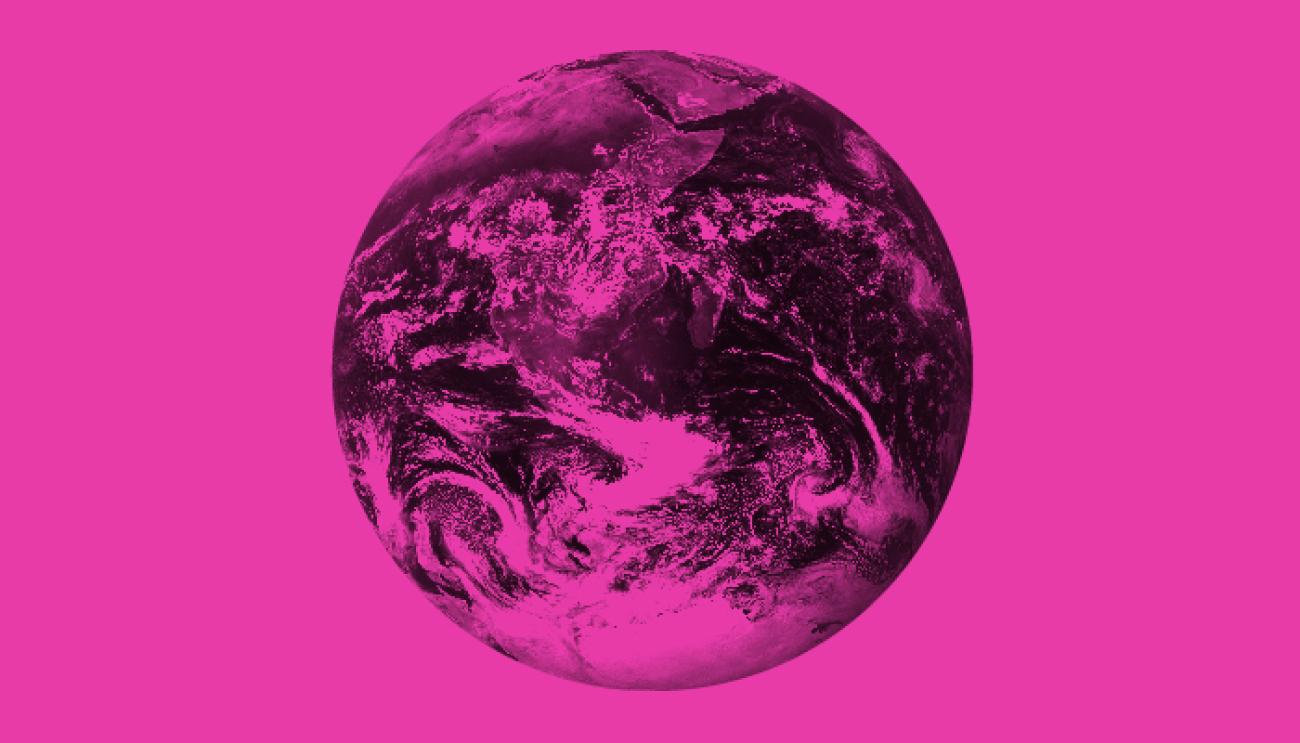How policymakers can promote sustainable lifestyles to protect the planet

The world is in the midst of a climate emergency, with growing greenhouse gas (GHG) emissions endangering human and environmental health.
Human activity is directly linked to a majority of GHG emissions, which lead to increases in the frequency and intensity of extreme weather events – including flooding, droughts, wildfires and hurricanes – that affect millions of people and cause trillions in economic losses.
According to the latest Intergovernmental Panel on Climate Change (IPCC) report, with the right policies, infrastructure and technology, we can make the necessary lifestyle changes to reduce 40–70 percent of GHGs by 2050, thereby improving our health and well-being.
Ahead of World Environment Day 2022, the United Nations Environment Programme’s (UNEP’s) Sustainable Lifestyles and Education team has released a policy brief that offers policymakers tools to support sustainable living. The brief, entitled Enabling Sustainable Lifestyles in a Climate Emergency, includes concrete policy strategies from around the world.
We sat down with two co-authors of the brief, Lewis Akenji and Magnus Bengtsson from the Hot or Cool Institute, to discuss how policymakers can help us reduce our impact and live more sustainably to improve our health and well-being.
What impacts do our lifestyles have on the planet?
Lewis Akenji (LA): Everything we do has an impact on the planet: what we eat, how we move around, where we live, what we do for fun, what we wear and so on. And it is not restricted to the impact on the climate crisis. For example, food systems alone are responsible for around 80 per cent of deforestation and biodiversity loss. But this doesn’t mean that we as individuals are fully responsible for these impacts and are able to make the required changes on our own.
The systems that provide for our needs and aspirations – made of infrastructures, laws, social norms, etc. – need to change the daily options we have to become more sustainable, accessible, affordable and desirable. Collective decisions and government actions are needed to make such changes happen.
What changes can we make as a society to live more sustainably?
Magnus Bengtsson (MB): Changing our ways of living is critical in confronting the climate emergency and other environmental crises. The changes that need to happen as a society vary from country to country and also within countries. Yet, there are some things that have to change in many places. We need to travel less by car or motorcycle and instead walk, cycle or use public transport.
Those of us who can do so need to switch to cleaner types of energy at home and try to use less energy to heat and cool our dwellings. Those who often eat meat, fish and dairy need to eat more plants instead, while we all need to reduce the amount of food we waste.
Finally, we need to seriously reconsider the goods and services we need and buy. We all have a role to play, but for change to happen as a society, we need policymakers to step up. The goal of this policy brief is precisely to offer a framework and provide examples of what is already happening around the world to enable policymakers to step up.
About World Environment Day
World Environment Day on 5 June is the biggest international day for the environment. Led by UNEP and held annually since 1973, the event has grown to be the largest global platform for environmental outreach, with millions of people from across the world engaging to protect the planet.

















